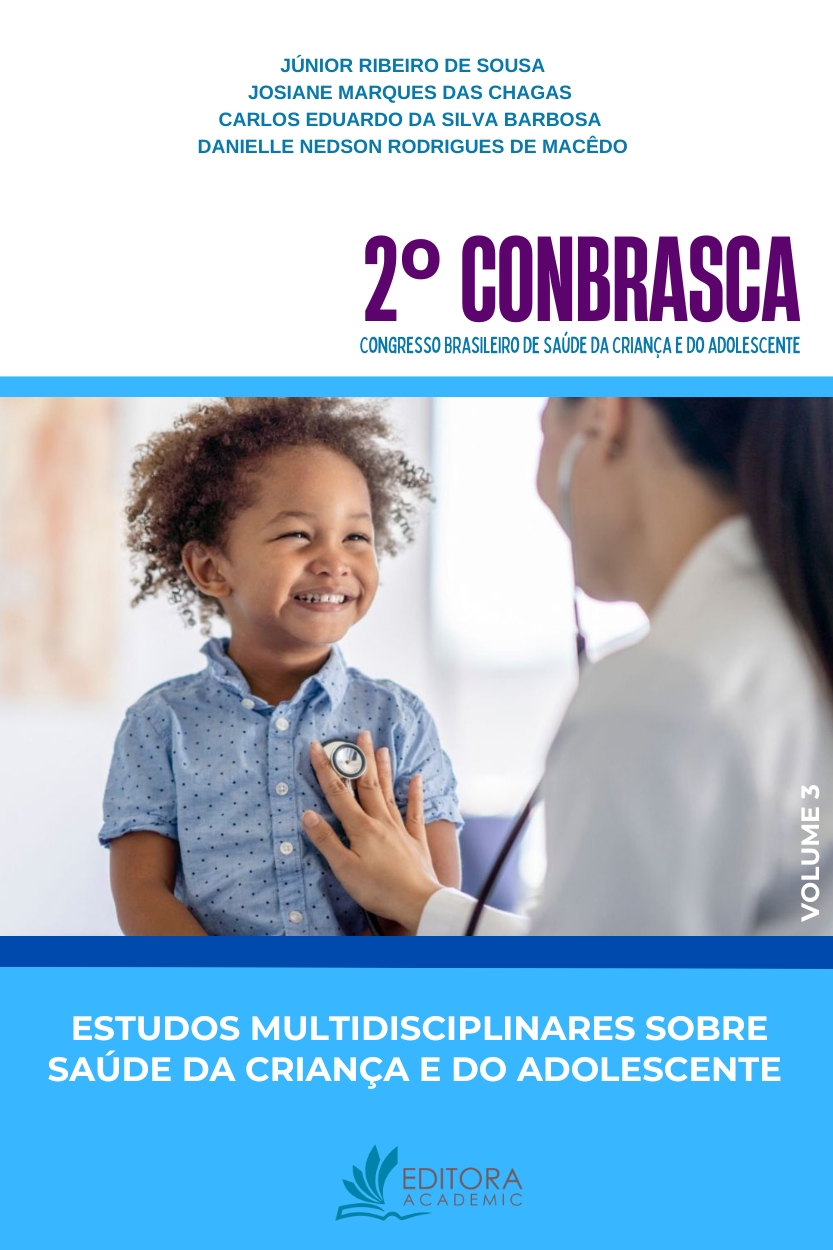
Objetivo: identificar as estratégias para redução do impacto alimentar e nutricional para o estado de saúde infantil. Metodologia: trata-se de uma revisão integrativa da literatura. Foi possível assim estruturar a seguinte pergunta norteadora: “Qual o impacto da educação alimentar e nutricional para o estado de saúde infantil?” Foi feito um levantamento através da biblioteca eletrônica sendo a Biblioteca Virtual em Saúde (BVS), sendo selecionada as seguintes bases de dados: Literatura Latino-Americana e do Caribe em Ciências da Saúde (LILACS) e Base de Dados de Enfermagem (BDENF). Após a aplicação dos critérios de elegibilidade foram utilizados 8 artigos selecionados ao total. Resultados e Discussão: foi possível agrupar de forma descritiva os principais resultados, afim, de apresentar uma discussão clara e objetiva. Os casos de obesidade infantil vêm crescendo, e se tornando cada vez mais um problema de saúde pública, considerando as consequências da obesidade na infância para a vida adulta. Desse modo, estudos apontam que o consumo de ultraprocessados é generalizado e ocorre a partir de idade precoce e que seu maior consumo está associado a um perfil alimentar desfavorável. Considerações Finais: O presente estudo apresentou as estratégias que são necessárias para melhor as questões alimentares e nutricionais infantis, os estudos mostraram uma grande importância em relação a educação em saúde, a interprofissionalidade e o cuidar holístico desde a gestação até a vida na adolescência.